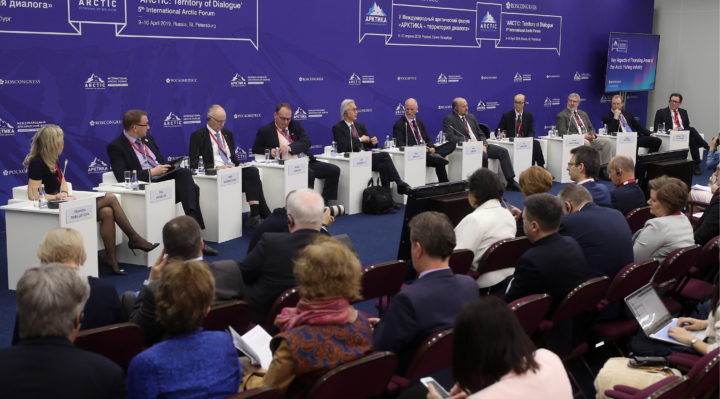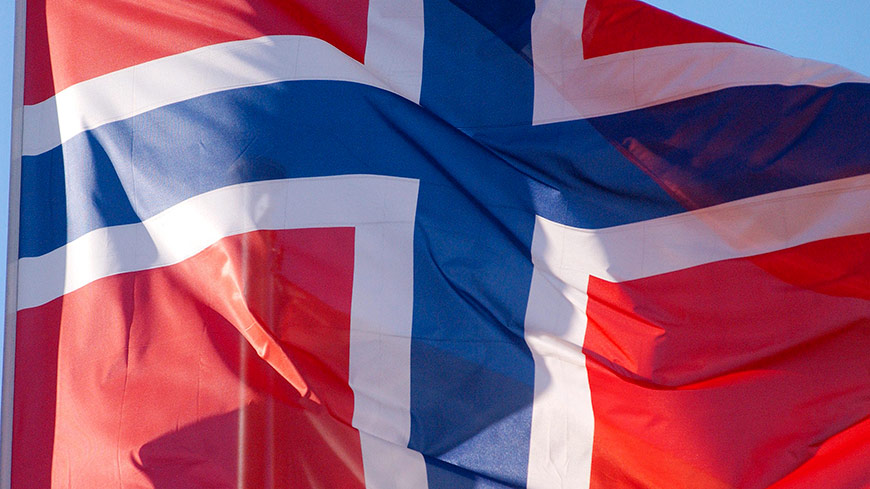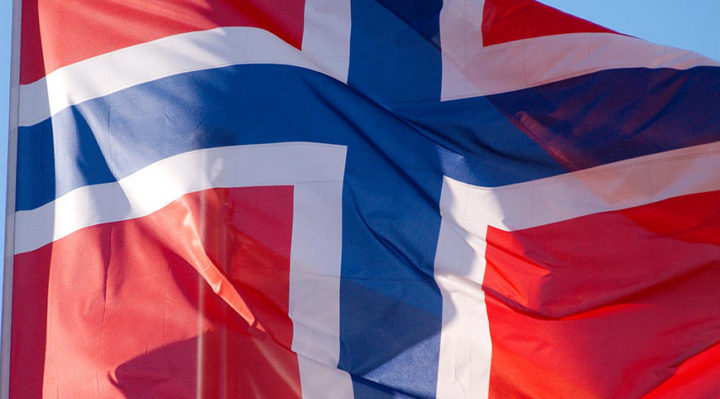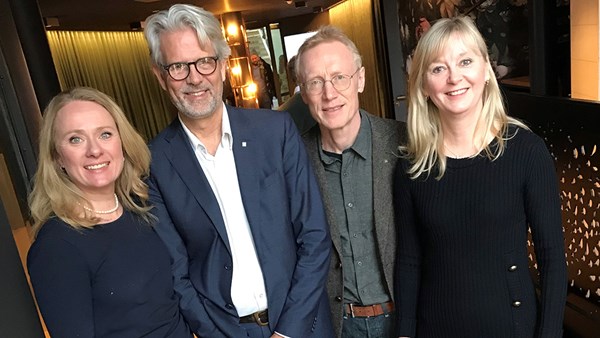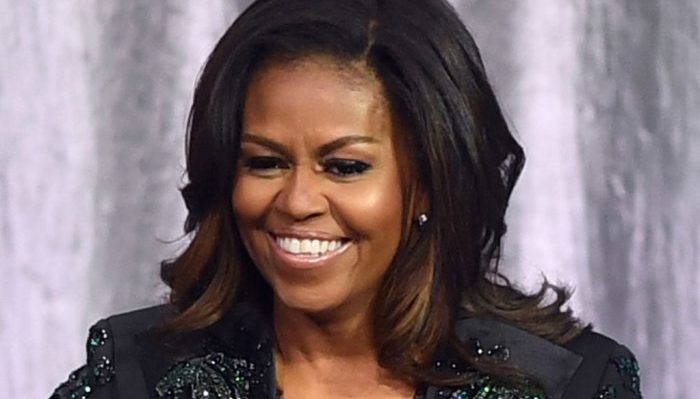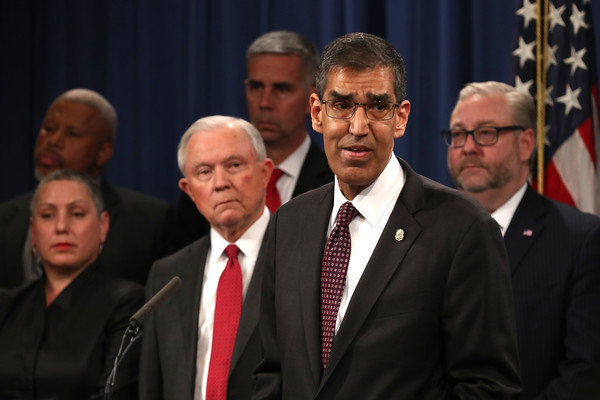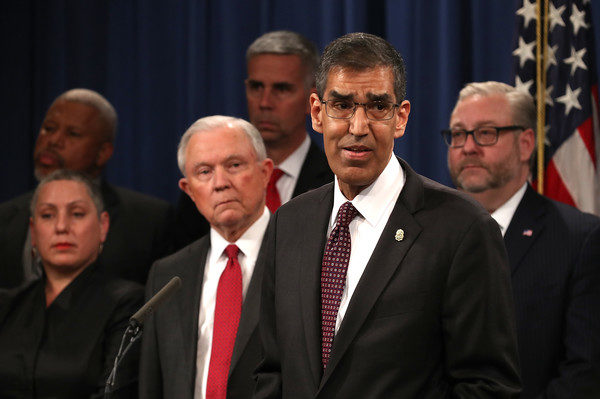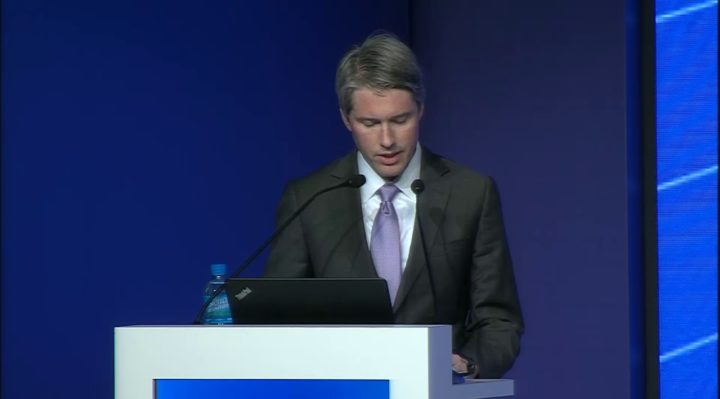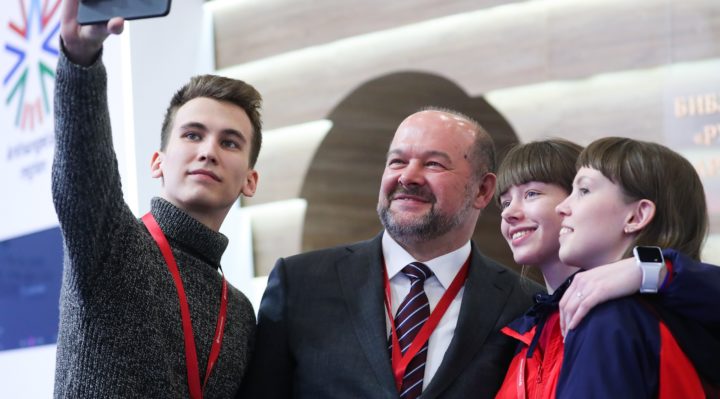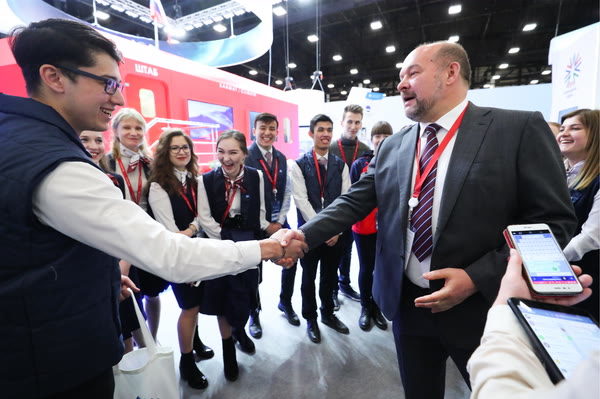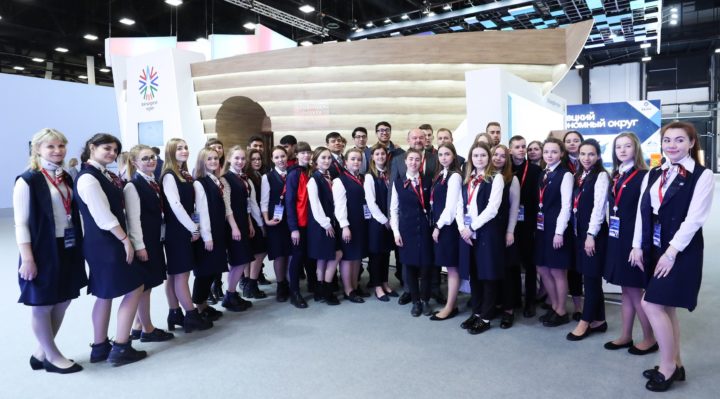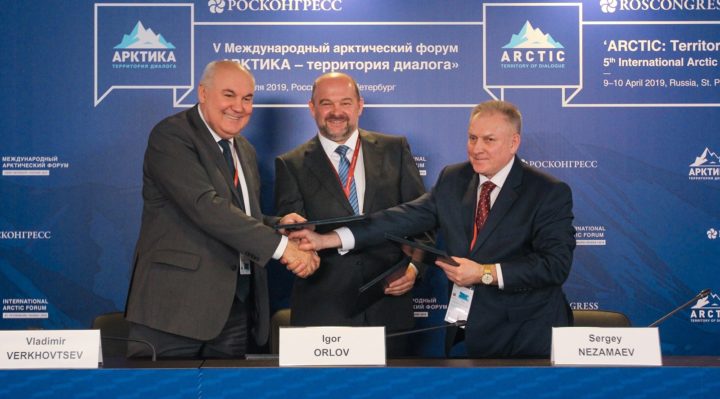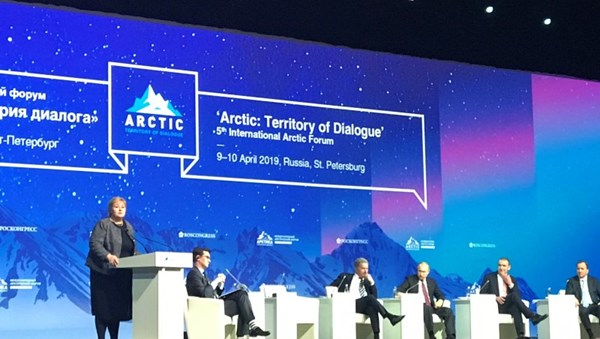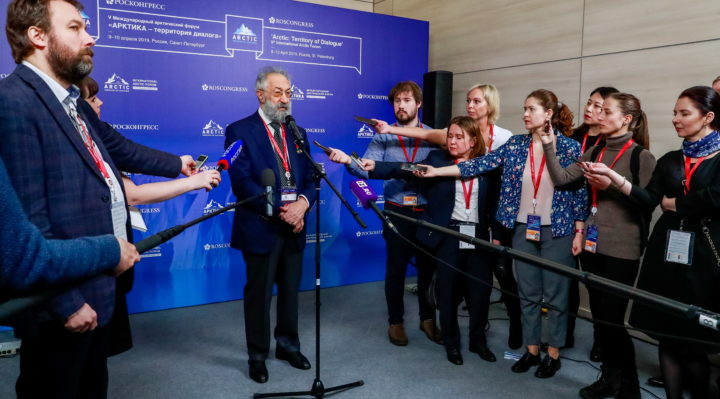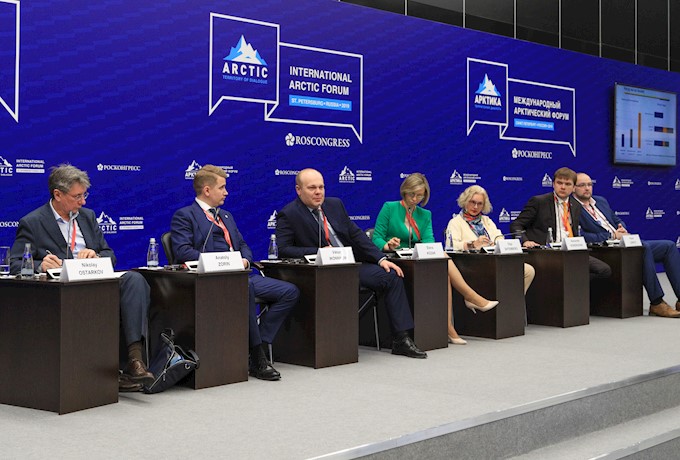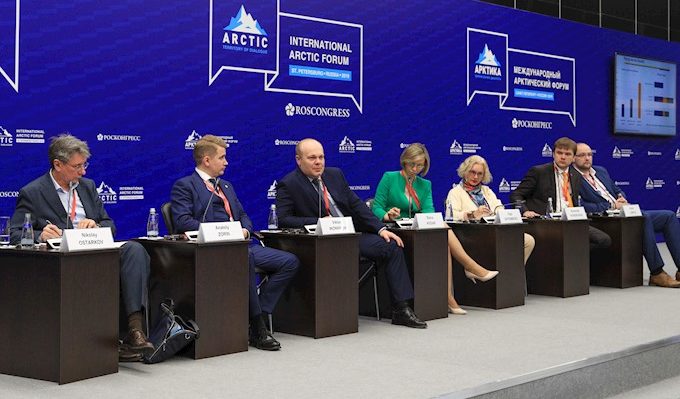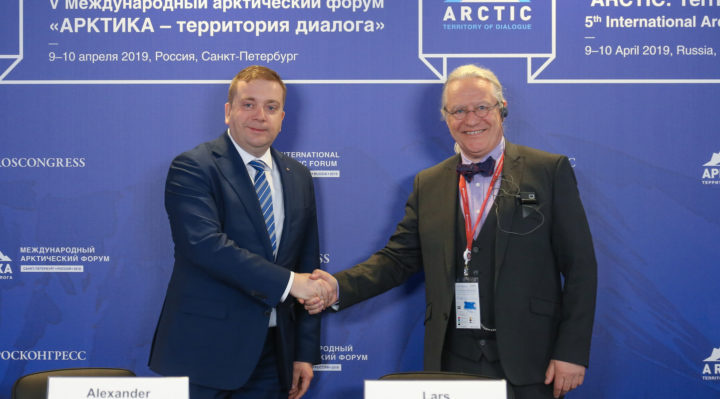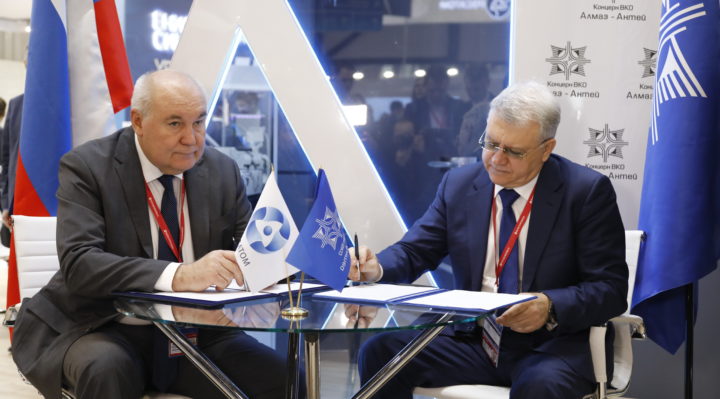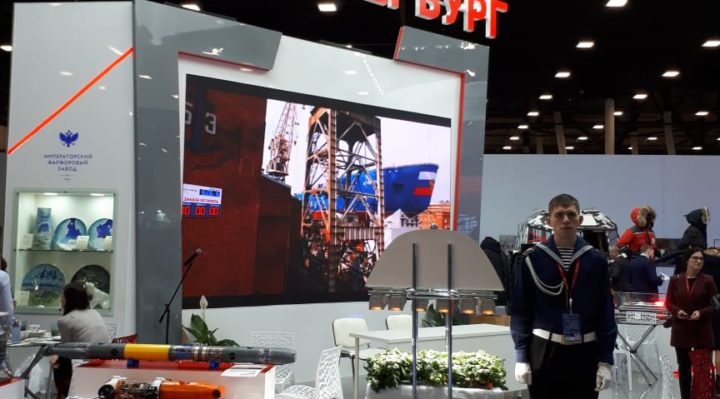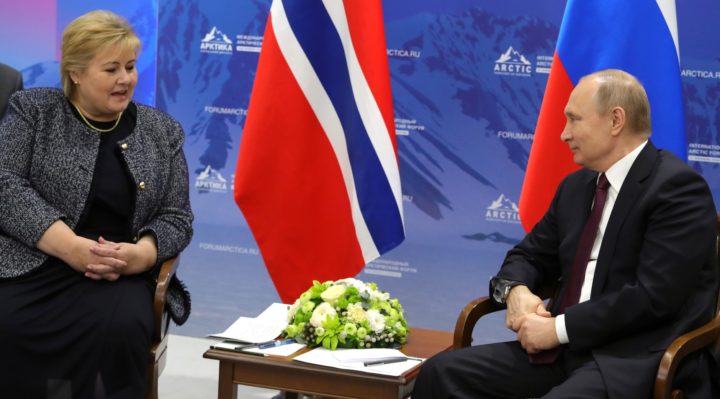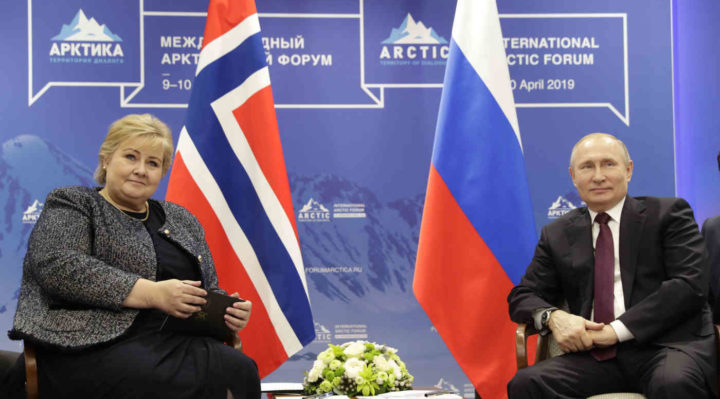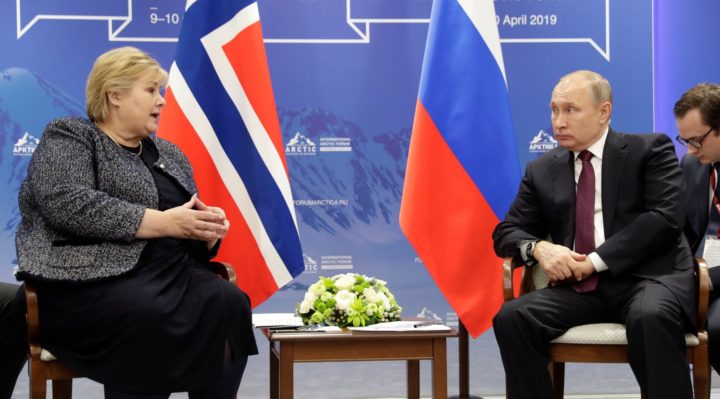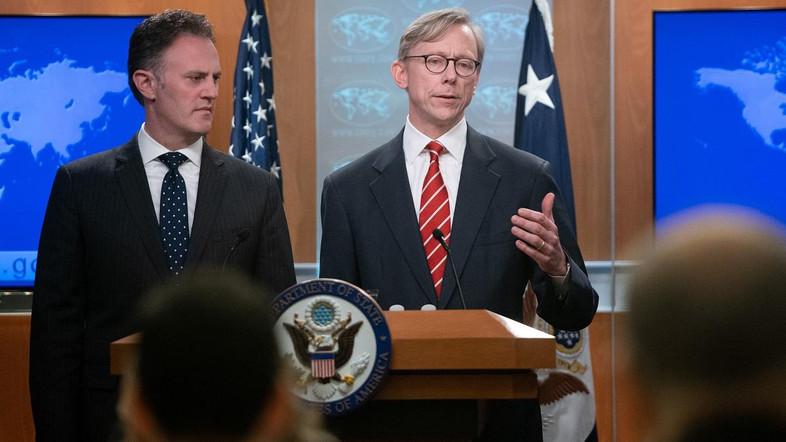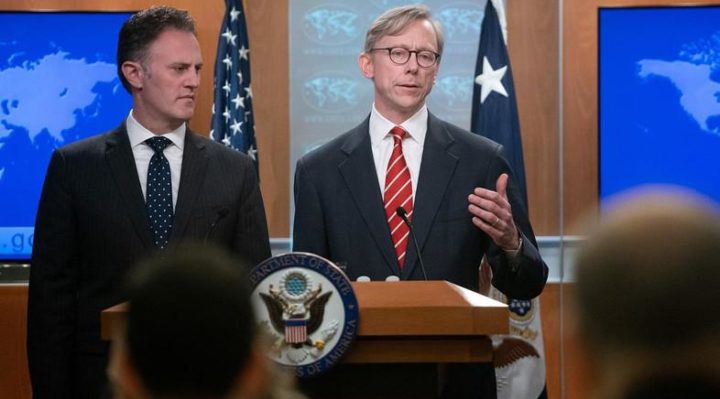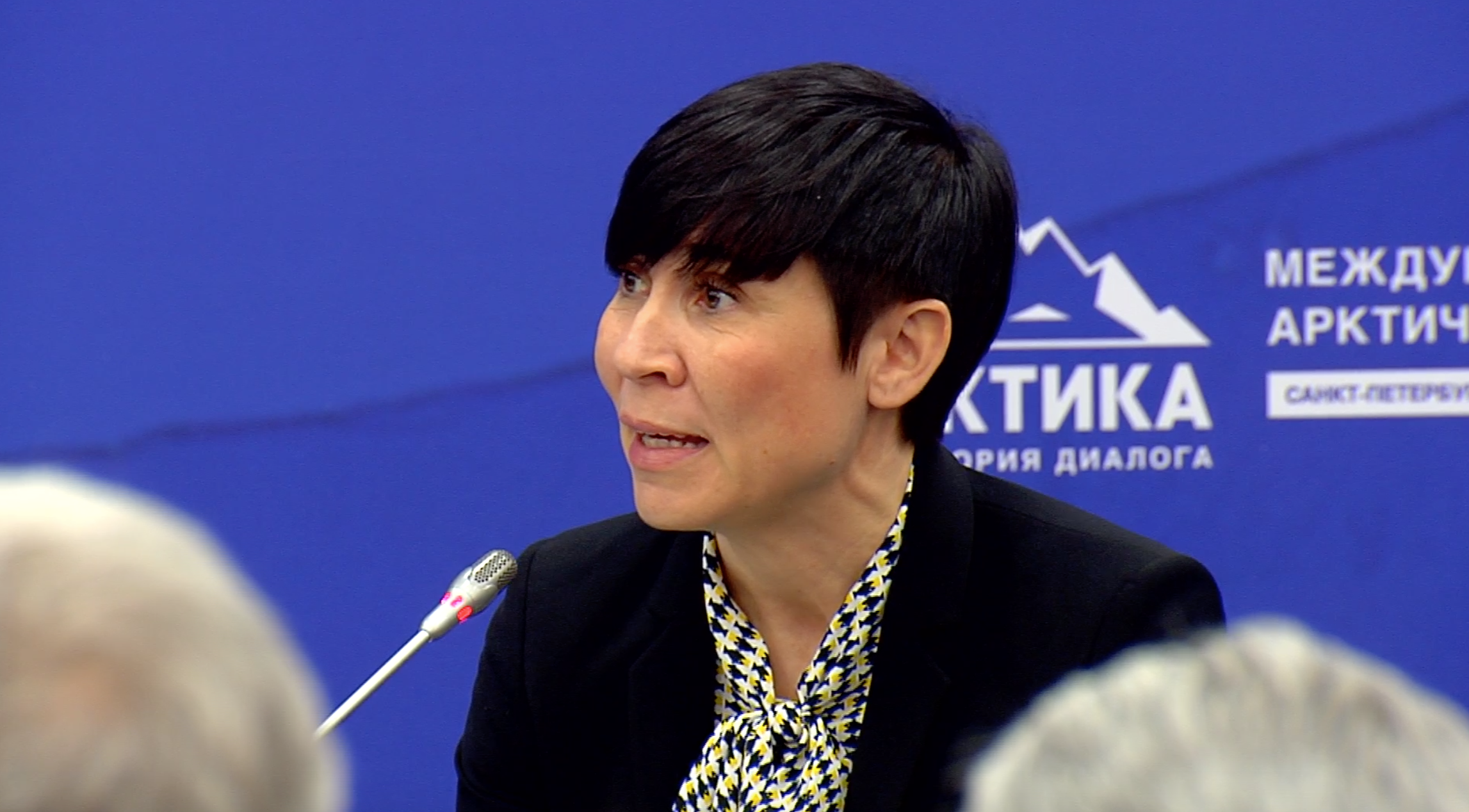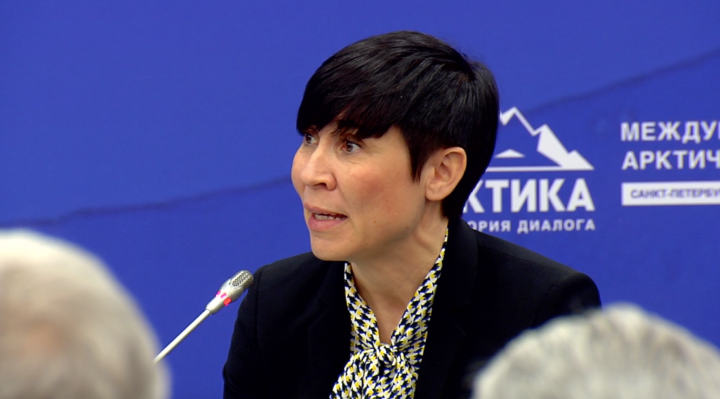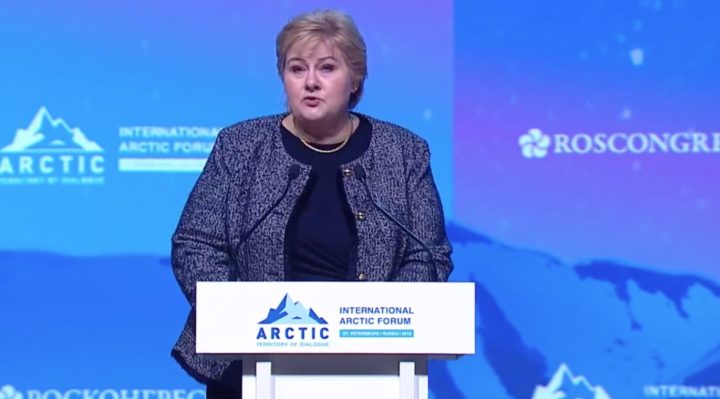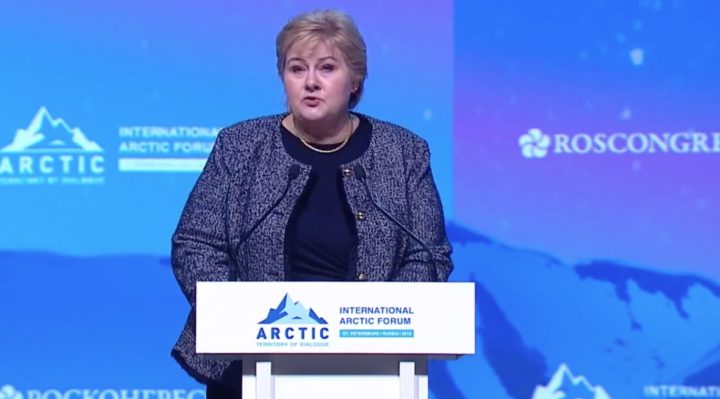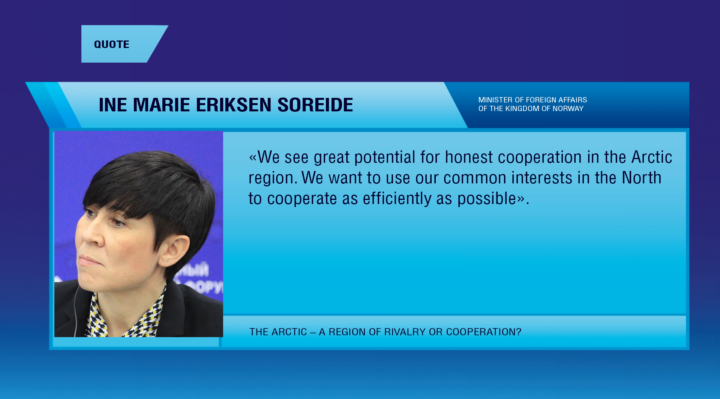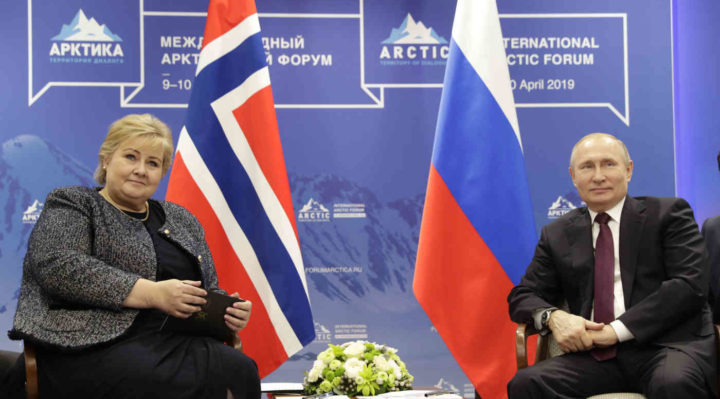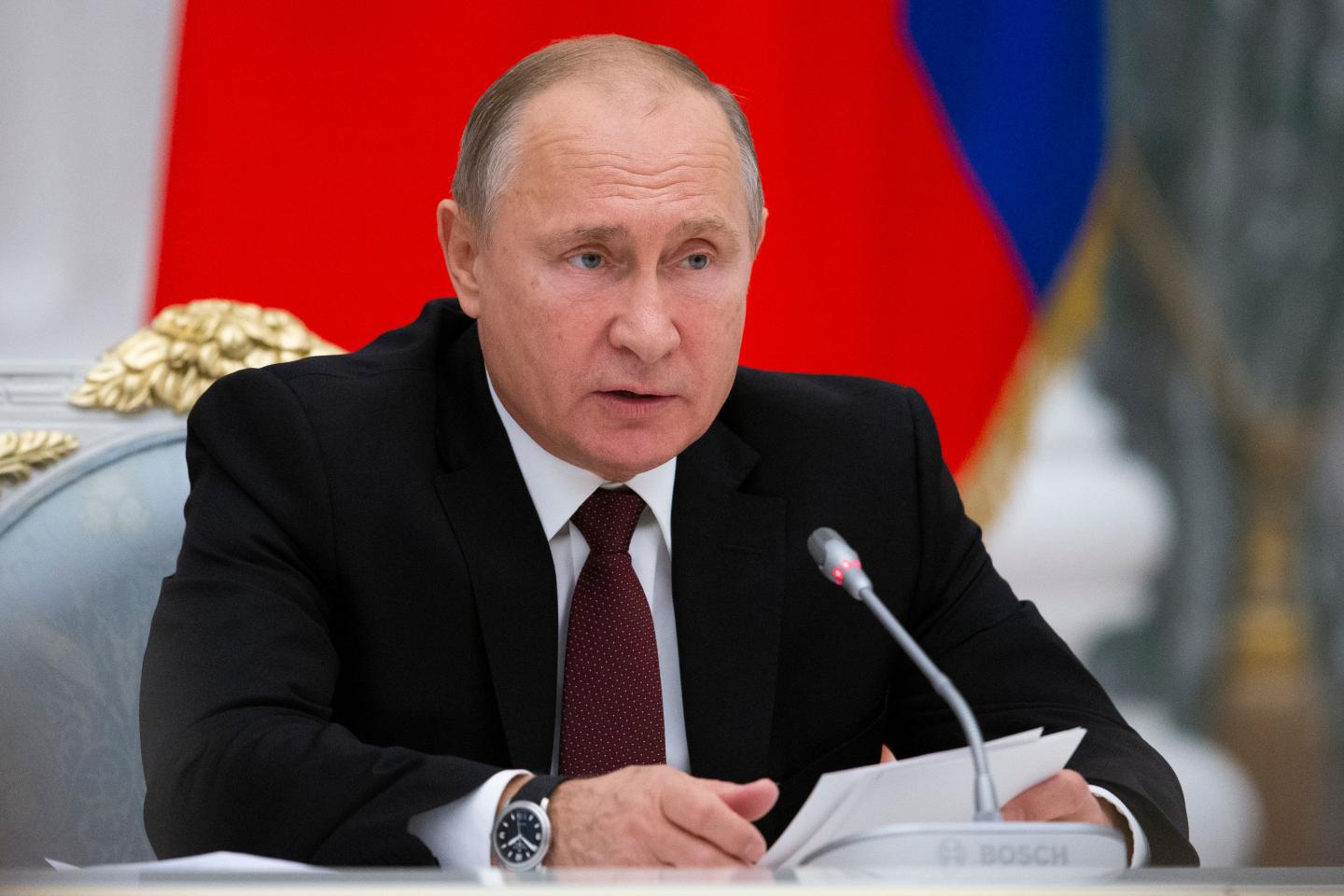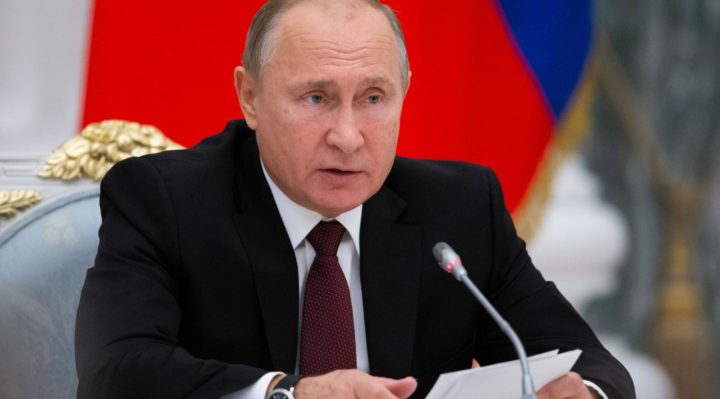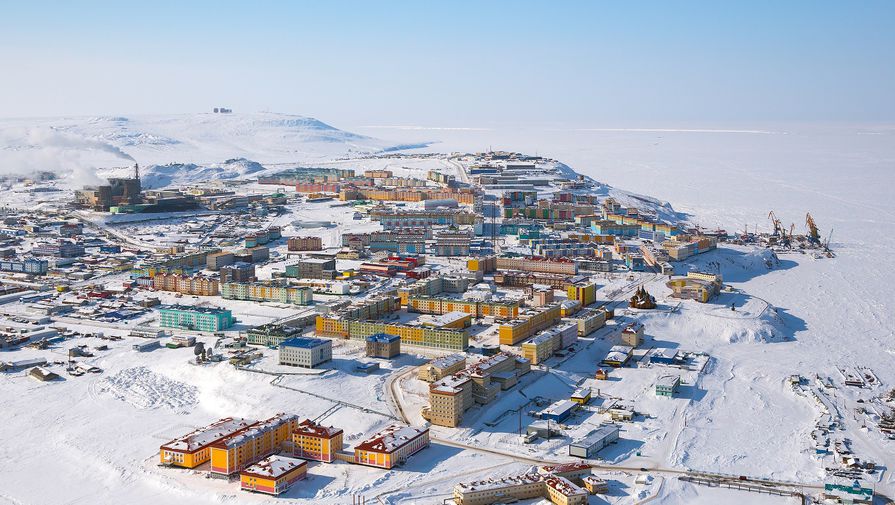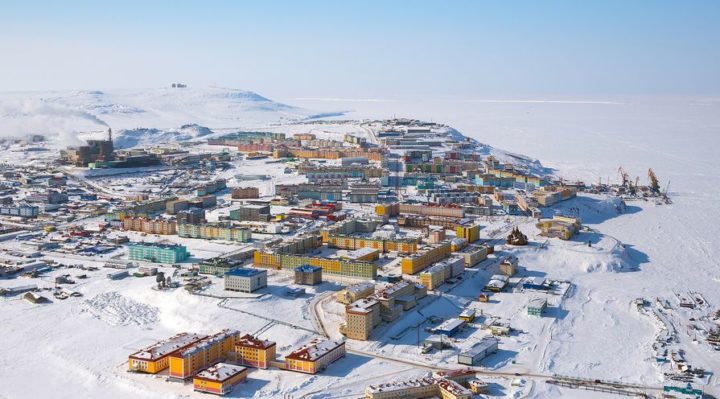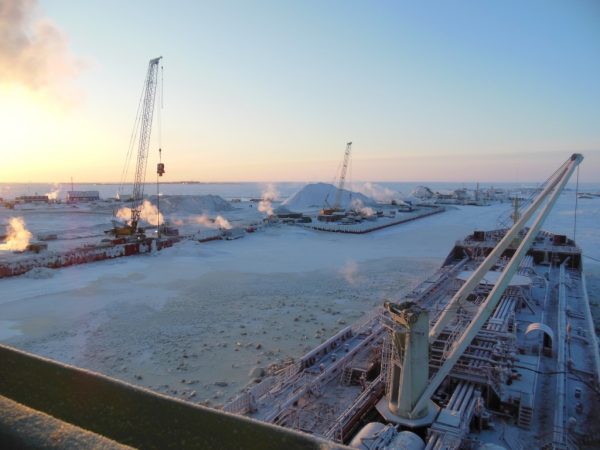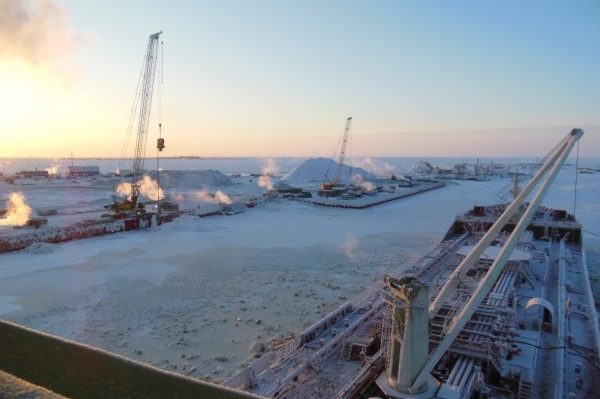Norway will extend its contribution to the UN peacekeeping operation MINUSMA in Mali for two new years, until 2022.
– Norway supports the UN in the fight against violent extremism. The UN force in Mali is a key factor in the work towards stability in the region. They support the implementation of the peace agreement in Mali, and ensure room for humanitarian actors, says Norway’s Deputy Minister of Defence Tone Skogen.
It was at the UN ministerial meeting on peacekeeping operations in New York on Friday 29 March, that Norway’s Deputy Minister of Defence Ms Tone Skogen announced that the Norwegian government will extend its contribution to the international cooperation in Mali until the end of 2022.
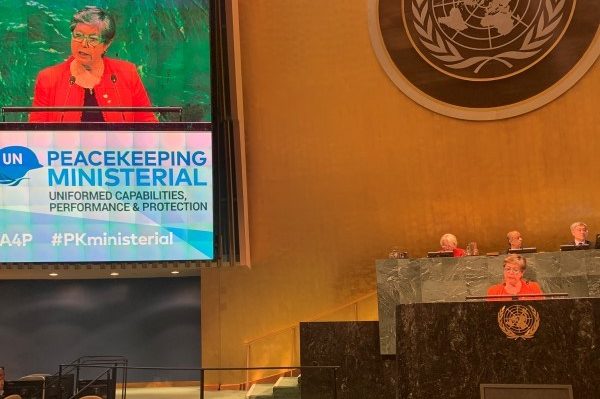
Norway currently has 15 soldiers in Mali, and in May this year Norway will send a transport aircraft to the UN operation for 6 months. The transport aircraft forms part of a multinational rotational concept, in which Norway, Denmark, Belgium and Portugal currently contribute an aircraft on a rotating basis.
The aircraft will be based at Camp Bifrost, which is run by the Norwegian Armed Forces.
Norway’s Deputy Minister of Defence announced that Norway, in addition to maintaining the camp facilities outside Bamako until the end of 2022 for all rotational partners, also will provide a transport aircraft to the operation again in 2021.
– Transport by road in Mali is both difficult, dangerous and time consuming due to huge distances. Access to a transport aircraft is therefore important for the safety of the personnel in Mali. The UN has expressed a wish for the multinational rotational concept to be extended. Norway has pledged our continued support, and we are in dialogue with our partners to achieve this, says Deputy Minister Skogen.
Background
Norway has participated in the UN operation MINUSMA in Mali since its establishment in 2013. Today, the Armed Forces have six officers at MINUSMA’s headquarters, and nine officers operating the airbase Camp Bifrost.
The aircrafts from the various countries that contribute to MINUSMA are based in the Norwegian run camp Bifrost.
Norway initiated the multinational rotational concept for transport aircrafts in 2016, in which currently Norway, Denmark, Belgium and Portugal contribute with an aircraft on a rotating basis.
Norway sent its first transport aircraft to Mali for 10 months in 2016.
The rotational concept ensures predictable access to transport aircraft for the UN and it is cost-efficient way for smaller countries to contribute to UN operations.



